30+ Sample Plan
-
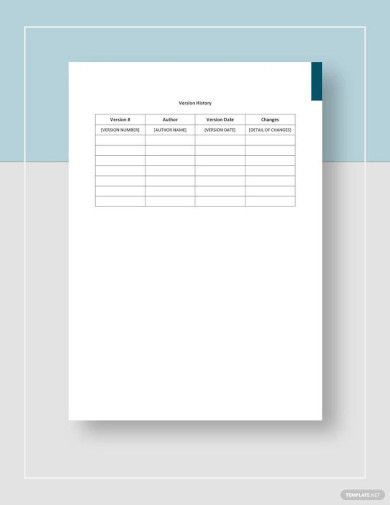
Training Plan
download now -

Operational Plan
download now -
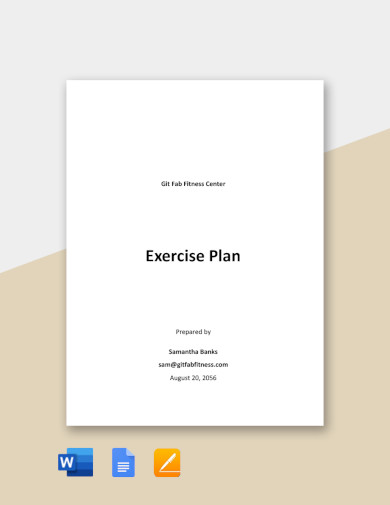
Exercise Plan
download now -
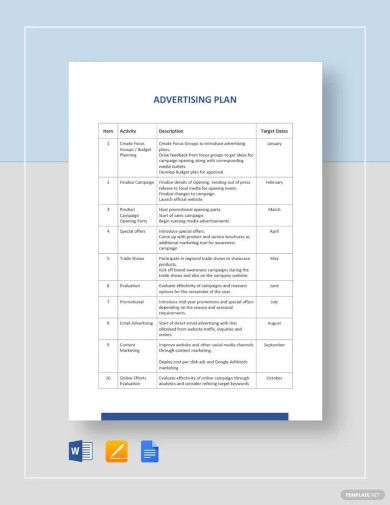
Advertising Plan
download now -
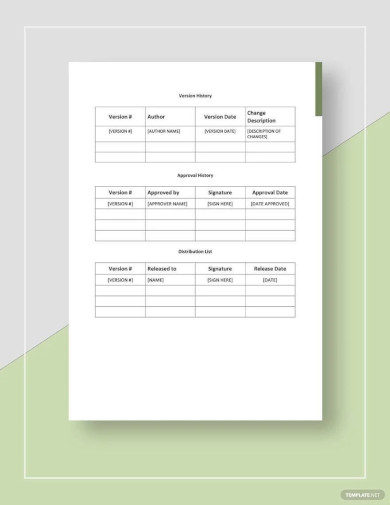
Strategic Plan
download now -
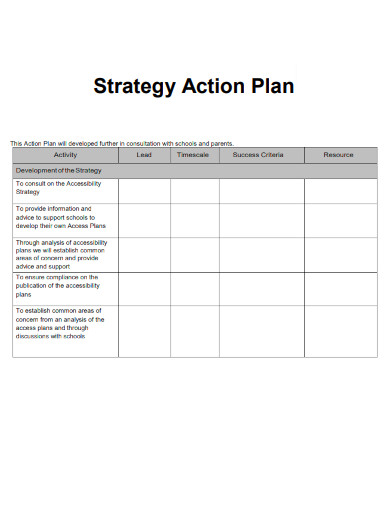
Strategy Action Plan
download now -
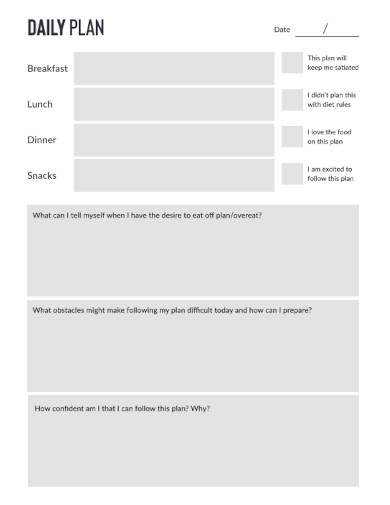
Blank Daily Plan
download now -
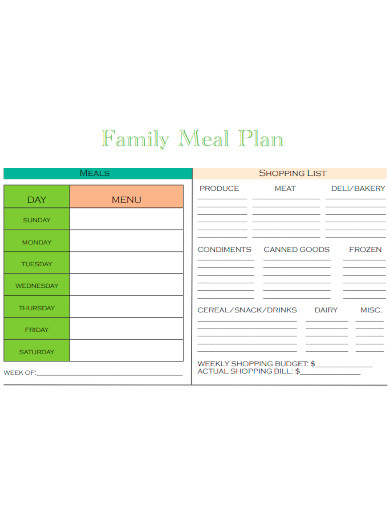
Family Meal Plan
download now -
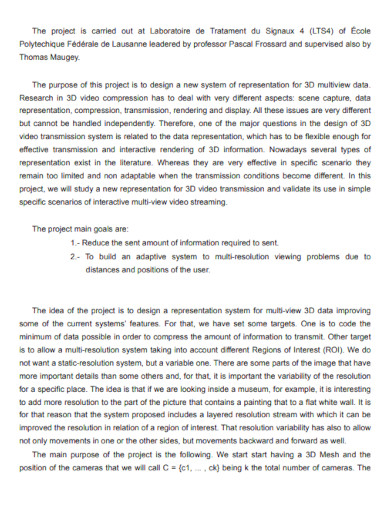
Project Proposal and Work Plan
download now -
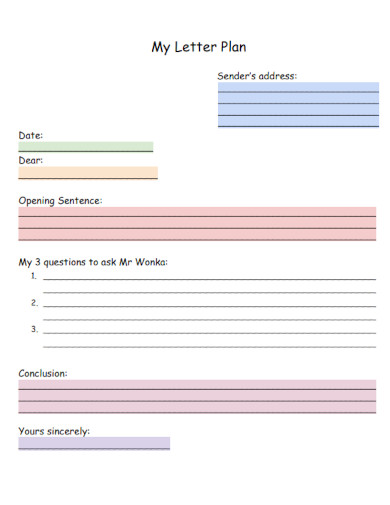
Letter Plan
download now -
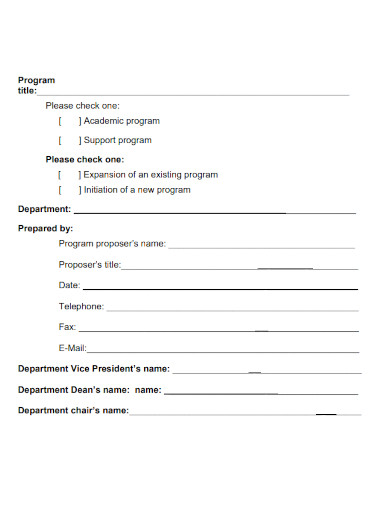
Startup Business Plan
download now -
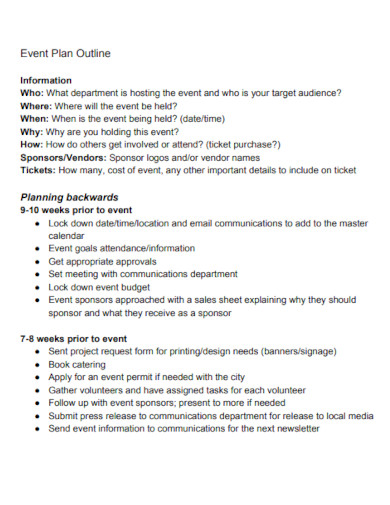
Event Plan Outline
download now -
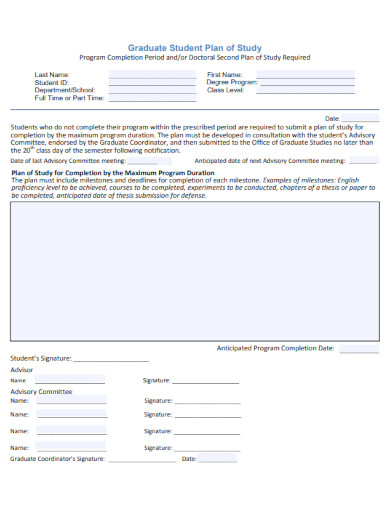
Graduate Student Plan
download now -
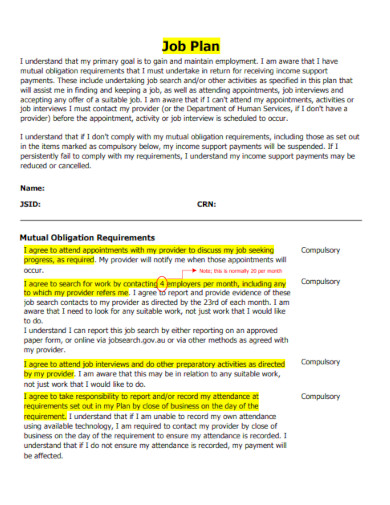
Job Plan
download now -
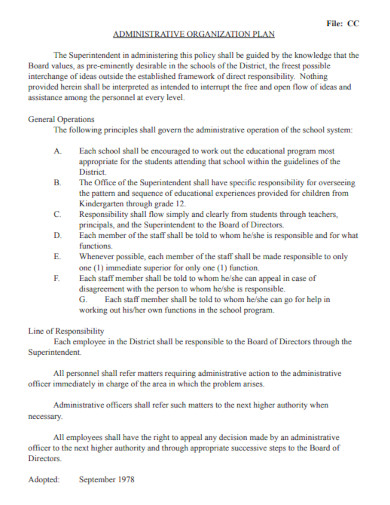
Administrative Organization Plan
download now -
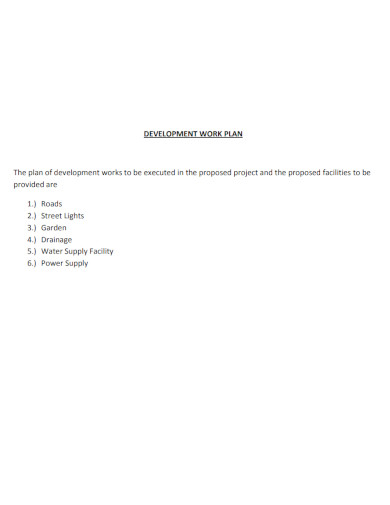
Development Plan
download now -
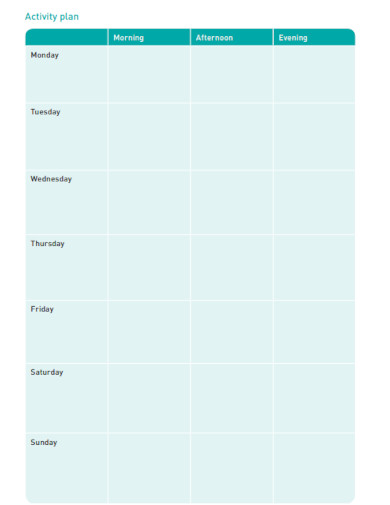
Activity Plan
download now -
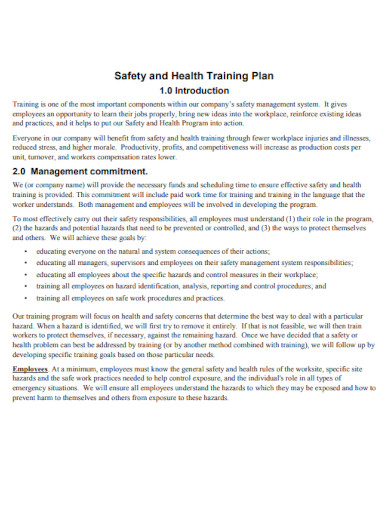
Safety and Health Training Plan
download now -
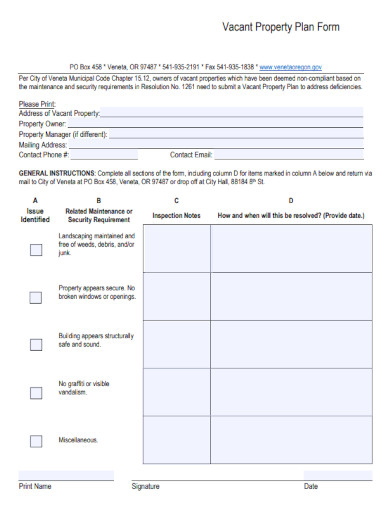
Vacant Property Plan Form
download now -
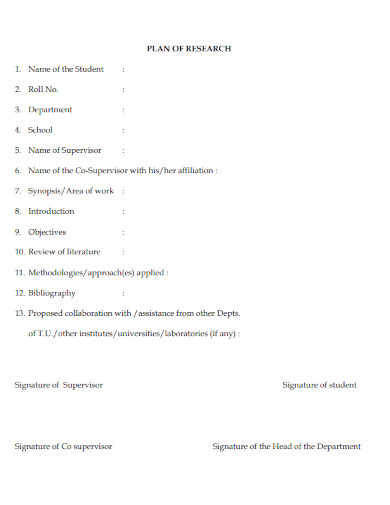
Research Plan
download now -
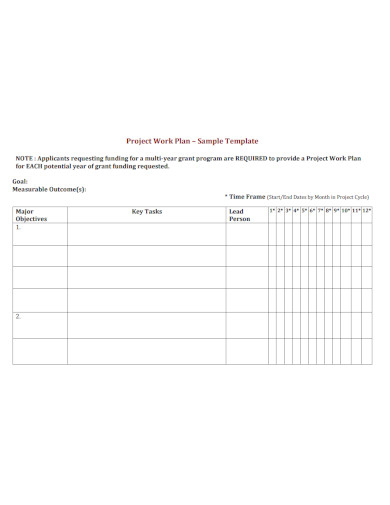
Project Work Plan
download now -
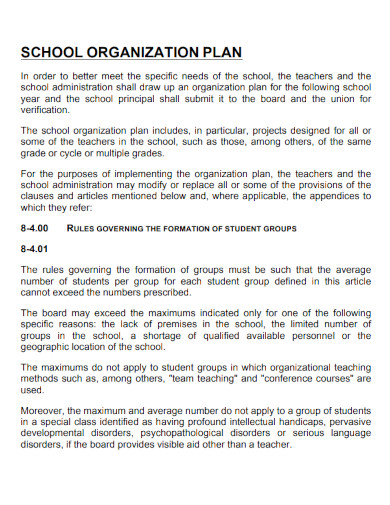
School Organization Plan
download now -
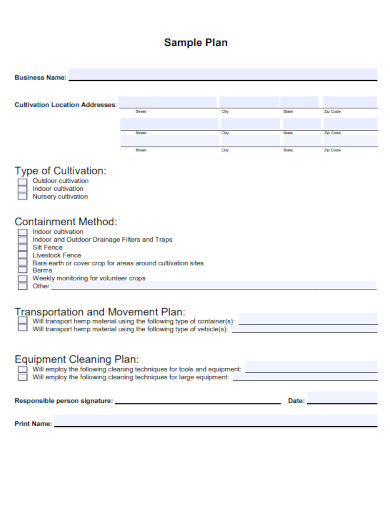
Sample Plan
download now -
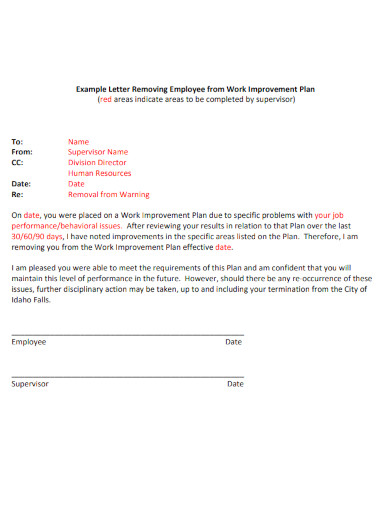
Work Improvement Plan
download now -
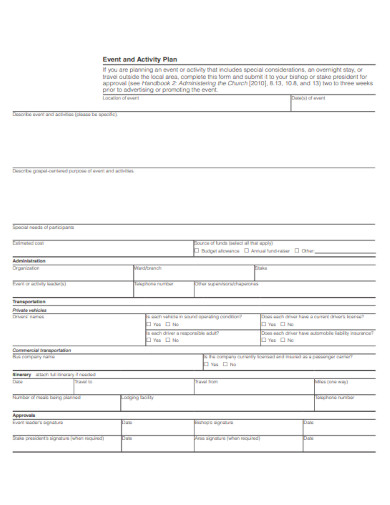
Event and Activity Plan
download now -
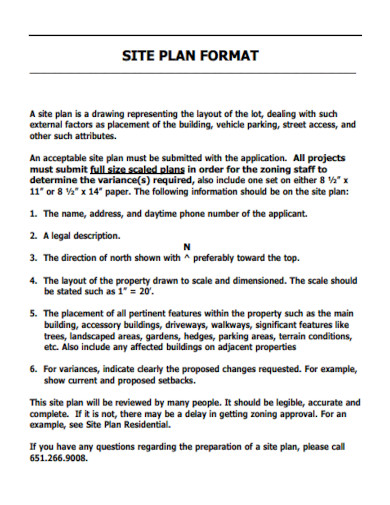
Site Plan Format
download now -
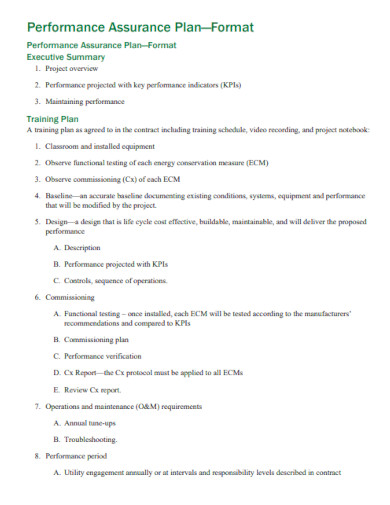
Performance Assurance Plan
download now -
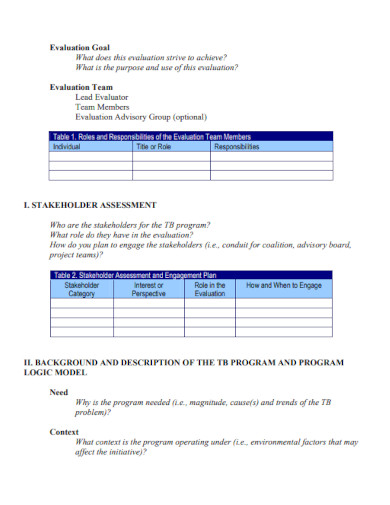
Evaluation Plan
download now -
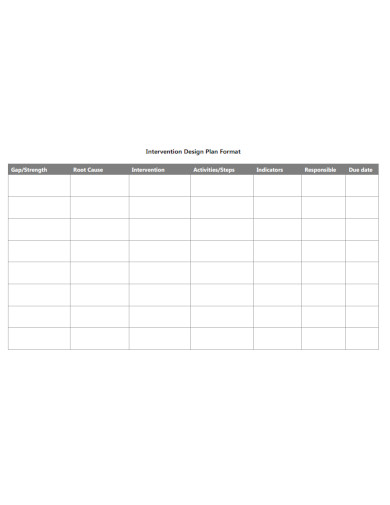
Intervention Design Plan
download now -
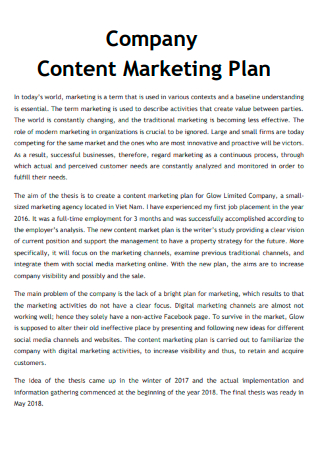
Company Content Marketing Plan
download now -
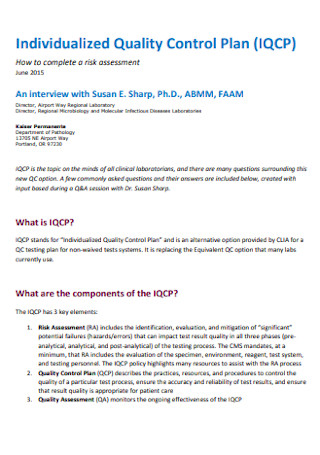
Individualized Quality Control Plan
download now
What Is a Plan?
A plan is a collection of acts, procedures, or tasks that will be carried out in the future to accomplish specific objectives. Future-focused, a plan’s course of action is predetermined in advance. An intellectual plan contains predetermined details on what will be done, where, when, why, and by whom. As a result, when making such plans, a thorough analysis of the future situation is created. A plan is typically a set of tasks you want to take in the future to accomplish a particular goal. But good information, abilities, and skills are necessary for effective planning.
Benefits of a Plan
The significance of a business plan is that it enables managers to construct an environment consistent with the company’s mission and objectives. This allows employees and teams to collaborate in a manner that enhances the business’s quality and will enable it to help its customers better. Planning is essential for companies because it improves workplace organization and allows employees to maximize efficiency and effectiveness. Especially if they are new hires, employees can perform their duties more effectively if they know what their employment entails and how it contributes to the company. If you’re intrigued, here are a few of its additional advantages.
How to Plan Wisely
You can plan for the future by setting numerous smaller, readily attainable goals that have an immediate and direct impact on your current life and persisting in doing so until you achieve the larger goals. You can also set longer-term goals that may take years to complete and then actively work toward them daily. Here is a step-by-step guide for making plans:
1. Consider Your Ultimate Life Objectives
Consider whether your personal goals necessitate the development of a long-term strategy. For instance, if you intend to purchase a home shortly, you can make the necessary preparations and outline these actions in your plans. Once you have determined your ultimate personal life objectives, you can choose the required steps. For example, if you want to own a home, you can set fewer goals, such as putting aside a part of each paycheck for a house fund.
2. Establish Short-Term And Long-Term Objectives
Short- and long-term objectives can help you plan for your desired future. Setting clear short- and long-term goals can help you continuously work toward your plans and ensure you are on schedule to achieve your objectives. For instance, to become more mindful, you might set a daily goal to meditate and keep a sample journal. You may become more aware over time and achieve your goal of becoming well-rounded and considerate.
3. Review Your Career Goals
Your career objectives play a significant role in your life and future, so evaluating them can assist you in adequately preparing for the future. Determining what career you wish to pursue, how you intend to achieve that objective, and how long you intend to remain in that career can help guide your plans. If you want to pursue multiple career plans, you can examine how and for how long you intend to follow them. Reviewing your goals also enables you to be all-inclusive in what you expect to accomplish and ensures that you include every metric you wish to achieve. We are all aware of the importance of goal setting. Yet, surveys of the general population indicate that 83 percent of respondents lack goals, 14 percent have action plans but not in writing, and only 3 percent have written goals. Research has shown that writing down your objectives improves your likelihood of achieving them by 42%.
4. Consider Your Time Frame
Future planning can be aided by establishing timeframes for the various objectives you wish to achieve. Setting dates by which you intend to complete objectives can assist in planning and allow for adequate preparation. For example, if you want to work part-time rather than full-time by a specific age, you can ensure you’ve saved enough money to support yourself and budget in a manner that allows you to do so by that age. In addition, once you have determined your personal and professional goals, you can construct a budget that will enable you to pursue them. Consider establishing a weekly, monthly, and annual budget, which can assist you in allocating funds to specific endeavors. For instance, if you plan to have children and want to pay for their college education, you can construct a budget that allocates a portion of each paycheck to their college fund. This can position you for future financial stability.
5. Document Your Objectives and Strategies
Writing down your plans can help solidify them in your mind. Noting all dates and times by which you hope to achieve specific goals in the future is essential, and describing your plan in great detail can ensure that you are always aware of how to achieve a goal. You can share your documented intentions with family members, significant others, and close friends. This may help you recollect your plans or provide you with someone who can hold you accountable for them. Additionally, some aspects of your future can only occur if you plan for them now, so actively pursuing some parts of your future currently can have substantial benefits. For instance, if you want to be an expert horticulturist by the time you retire, you can begin taking classes and conducting research immediately. If you want a substantial travel fund by age 40, you can start saving any excess money from your next paycheck slip into a travel savings account.
FAQs
What does the plan mean in life?
A life plan serves as both a guide and a reminder of the goals you wish to accomplish. It helps you achieve your personal and skilled goals and realize your aspirations. As long as your objectives are attainable, there is no reason you cannot reach them. Studies have shown that only about 3% of people have goals, and only about 1% write them down. Setting goals is a vital part of being successful.
What is the meaning of a plan in management?
Planning is the management function that entails establishing objectives and determining a strategy for achieving them. Planning necessitates that managers be aware of their organization’s environmental conditions and can predict their future course.
What are the characteristics and purpose of planning?
Planning is done to accomplish the intended company goal. The objectives must get widespread support; otherwise, individual efforts and resources would be well-spent. Planning defines the action to rapidly and economically achieve the intended goals. When you give up on your goal, you’ve failed. Various sources and studies show that 98% of people die without achieving their goals and dreams. This means that only 2% of people are successful.
A fixed plan may not be effective in an environment of constant change. This is because ever-changing demands can alter the project, and the team must be able to acclimate to these alterations. For fast-paced businesses, a rigid strategy that could be more flexible in execution is not ideal. Instead, managers may wish to create adaptable systems to mitigate future obstacles. This may also assist them in adapting to the surrounding environment and market trends.
